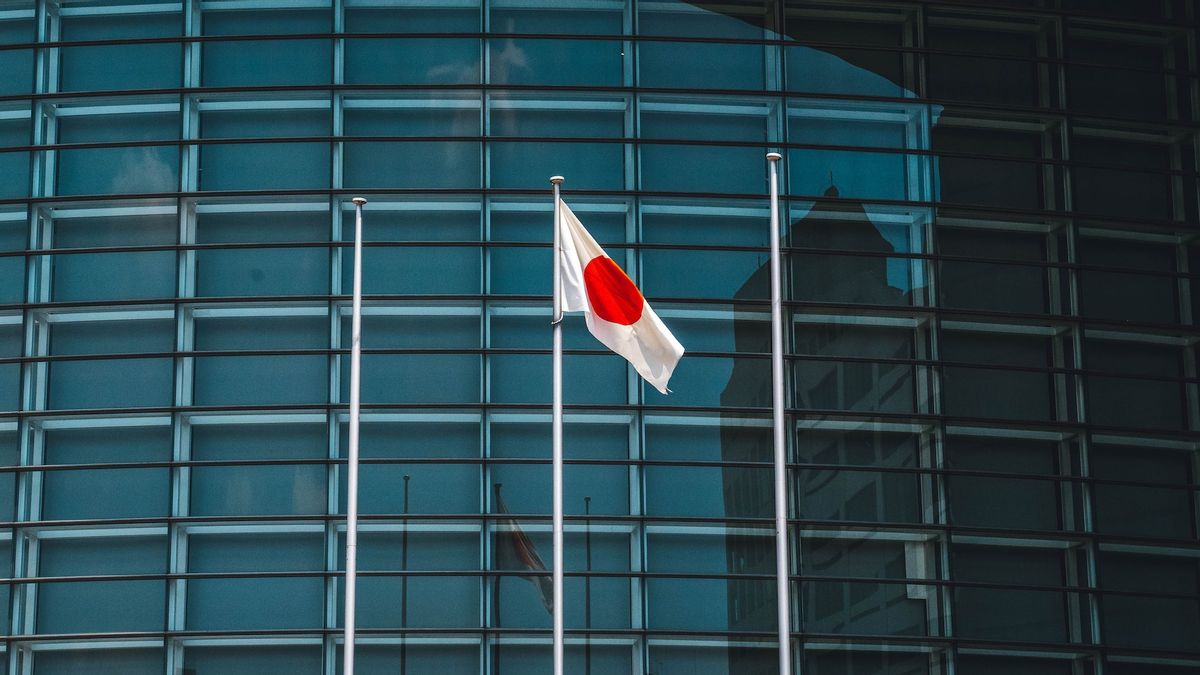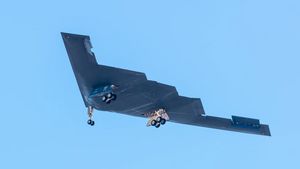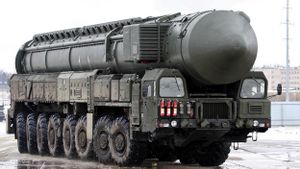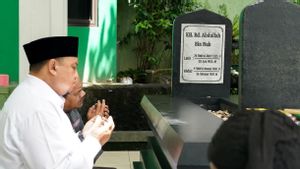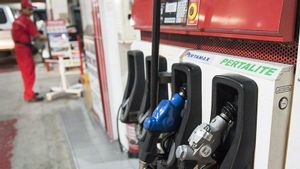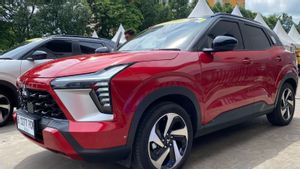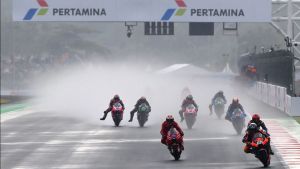JAKARTA - The Japanese government on Thursday (1/6) decided to increase infrastructure support for developing countries, referred to as "South Global" (Global South), in a bid to curb their dependence on China and Russia for component materials important for batteries and solar panels.
Quoted from Antara, in renewing its strategy to expand infrastructure exports, the Japanese government has also refrained from mentioning economic cooperation with Russia for two consecutive years, as Moscow has been at war with Ukraine since February 2022.
At a high-level conference (KTT) G-7 ending on May 21 on Hiroshima, leaders from developed countries agreed to form a framework by the end of this year to strengthen supply chains of renewable energy-related products for developing countries.
In its revised strategy, Japanese Prime Minister Fumio Kishida's government pledged to accelerate support on South Global for infrastructure development, including manufacturing bases and transportation networks, as well as the use of hydrogen and ammonia.
Japan, meanwhile, has scrapped plans to strengthen economic cooperation with Russia in areas such as port development, medical care, and renewable energy, delivered by Japanese Prime Minister Shinzo Abe at the time in talks with Russian President Vladimir Putin in 2016.
The government set a target in the 2020 strategy to increase the value of infrastructure orders for Japanese companies to 34 trillion yen (around Rp3,600 trillion) by 2025. This value reached 24.4 trillion yen (around Rp2,600 trillion) in 2020.
The English, Chinese, Japanese, Arabic, and French versions are automatically generated by the AI. So there may still be inaccuracies in translating, please always see Indonesian as our main language. (system supported by DigitalSiber.id)
